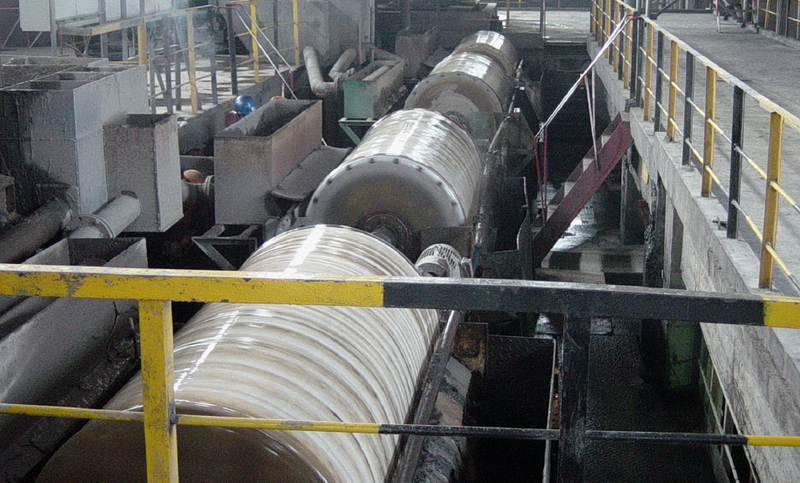Magnetic Separators
Magnetic Separators
Magnetic separation is a critical part of many industries, including food processing, pharmaceutical and chemical industries. Magnetic separators play a vital role in protecting key manufacturing processes from potentially harmful and costly metal particle contamination. A product recall could potentially cost the manufacture huge sums of money, not to mention damage to brand confidence.
On this page, we’ll explain more about magnetic separators and how they could help to protect your brand reputation.
How Magnetic Separators Work
Understanding the functioning of magnetic separators is crucial. At their core, these devices exploit the properties of magnetic fields and magnetism. They attract and capture ferrous metal contaminants present in different materials, such as grain, plastic, or liquids. This is typically achieved by generating a strong magnetic field that draws the magnetic particles, segregating them from the rest of the material.
Types of Magnetic Separators
1.Permanent Magnetic Separators: These separators use magnets that generate a constant magnetic field without requiring an external power source. They are ideal for applications where a continuous and automatic separation of magnetic substances is required.
2.Electromagnetic Separators: Unlike permanent separators, electromagnetic separators require an external power source to create a magnetic field. This allows the field’s strength to be adjusted based on the application needs, providing a higher level of control
.Applications of Magnetic Separators
1.Recycling Industry: Magnetic separators play an instrumental role in the recycling industry. They help in separating metal contaminants, improving the purity of recycled materials and reducing the risk of damaging machines in the recycling process.
2.Food Industry: In the food industry, these separators are crucial for maintaining product quality. They ensure the removal of ferrous contaminants, providing safe and clean food products for consumers.
3.Pharmaceuticals: Even the pharmaceutical industry benefits greatly from these devices. Magnetic separators remove ferrous particulates from raw materials, preventing contamination of medicines and ensuring the safety of the end products.
Benefits of Using Magnetic Separators
The use of magnetic separators offers multiple benefits. First, they contribute to the quality enhancement of products by eliminating magnetic particles. This results in increased consumer trust and regulatory compliance. Second, they protect processing machinery from potential damage caused by metal contaminants, reducing maintenance costs and downtime. Finally, these devices are environmentally friendly as they provide a non-destructive method of material separation.
Factors to Consider When Selecting Magnetic Separators
Several factors influence the selection of magnetic separators. The key considerations include the nature of the material to be processed, the degree of magnetic susceptibility of the contaminants, the operating environment, and the desired level of purity post-separation. Evaluating these factors will help to choose the most effective magnetic separator for any specific application.
In summary, magnetic separators play a pivotal role across various industries, from recycling and food processing to pharmaceuticals. By effectively separating ferrous contaminants from different materials, they enhance product quality, protect processing equipment, and promote regulatory compliance. While the use of magnetic separators presents a few challenges, ongoing technological advancements are set to improve their efficiency and expand their applications further. The future of magnetic separation technology promises even greater versatility and effectiveness, reinforcing the value of these crucial devices in material processing and ensuring their continued relevance in industrial applications.




